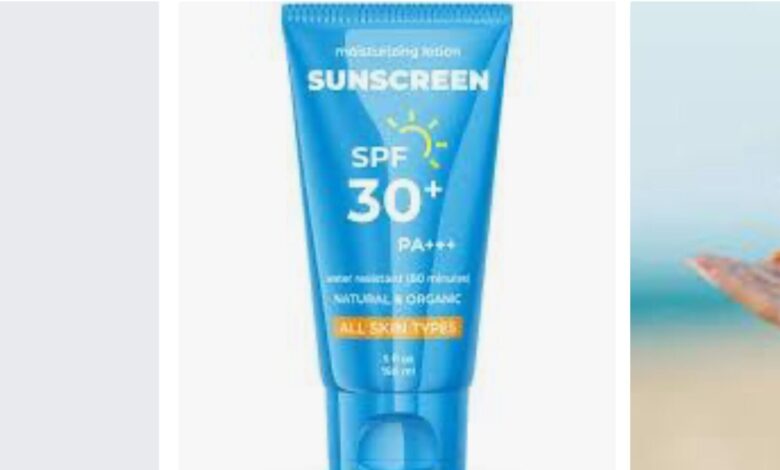SUNSCREENS TRASHED ON SOCIAL MEDIA

Until today, March 24, 2025, I was unaware that there are “elements” of the scientific community who actually believe that sunscreens can cause skin cancer! Yes, that’s right. There are folks with prominent roles on social media platforms who believe sunscreens are harmful because they have “toxic ingredients,” and that blocking natural sun exposure affects the production of vitamin D. It’s the combination of toxins and reduced vitamin D that then results in skin cancer. This unsubstantiated information, and the anti-sunscreen movement it has spawned, has caused 11% to 15% of the population to use less sunscreen, thus resulting in an increase in sun-related skin cancers.
Even without accounting for this information, the frequency of skin cancer is increasing because of societal preference, especially for young adults, to have a golden brown tan. The concern for skin cancer is thrown aside by those whose desire for a tan exceeds their concern for skin cancer. Appearances are everything, you know, and we all know “nobody dies of skin cancer.” Tell that to the family of the millions who have succumbed to the ravages of a malignant melanoma.
Skin cancer incidence has doubled in the last 15 years. It doesn’t just occur in areas where the sun shines most of the time. Cloudy days, when you’re outside and unprotected, and less-sunny days, are just as dangerous, if not more so, than sunny days. UVA and UVB rays penetrate cloud cover to attack our exposed skin.
There is no evidence, however, that regular use of sunscreens causes vitamin D deficiency, but toxic chemicals have been shown to be absorbed through the skin. NO data exists, however, that says these chemicals are harmful to the health of regular sunscreen users. A chemical sunscreen containing bemotrizinol, used for decades in many other countries, has better safety data, is recommended for U.S. use, but is awaiting FDA approval.
Thick, light-reflective clothing, broad brimmed hats, long pants, and chemicals like zinc oxide, that are not absorbed through the skin, are very effective sun blocks. But vulnerable areas like the face and hands remain exposed and susceptible to skin cancers.
“Skin cancer risk is related to the cumulative lifetime exposure, not just exposure at a young age.” Physicians are encouraged to continue recommending the regular use of sunscreens and reassure patients that the benefits of blocking ultraviolet light rays far outweigh any suspected, yet unproven cautions.
References: Editorial: Weiss BD. Should Your Patients Avoid Sunscreen? Am Fam Phys 2024 December;110(6):566.
Young AR, et al. Optimal Sunscreen use, during a sun holiday with a very high ultraviolet index, allows vitamin D synthesis without sunburn. Br J Dermatol 2019 Nov;181(5):1052-1062.


